LAUNCHING TRONDHEIM INTO SPACE
We Are Students Entrepreneurs Young Professionals Researchers Scientists NewSpace
Organizations

What is Space NTNU?
Space NTNU is a non-profit student-organization where space enthusiastic students can meet, find a way to connect their studies to space and be introduced to the industry! On this website, you can find available projects for your thesis, subjects at NTNU you can enroll in, internships and training course in Norway and internationally to strengthen your knowledge and expand your network. If you want to start a space-related start-up, we can help you find industry partners and connect you to ESA Business Incubator!
Do you want to build a satellite? Then you should take a look at our member organization Orbit NTNU. Is rocketry more your thing? Join member organization Propulse NTNU in building and developing a rocket for Spaceport America Cup! Or do you think drones will be the future in space exploration? Contact member organization Ascend NTNU to gain valuable insight into this new technology.
In addition to our three member organizations, we have many collaborators. From start-ups to the Norwegian Space Agency, and you can read about them and how you can get involved on this site.
Why join Space NTNU?
Networking
Expand your network! Meet students with similar interests as you and get in touch with the industry you wish to work with! Gain valuable insight into what happens in Norway and internationally!
Summer Internships & Jobs
Get hold of the coolest internships and jobs through Space NTNU's collaborators, the perfect gateway into the space industry!
Training Courses
Space NTNU will inform and guide students to access training courses provided by ESA and other organisations! The member organisations will also collaborate in providing courses to strengthen the education you obtain at NTNU.
Startup Support
Do you have an idea for a startup? Space NTNU will help you get in contact with the industry, students and other startups. We also collaborate with ESA BIC, which can give your startup a stamp of approval and access to a large, global network!
Thesis Portal
Want your thesis to be about space or space technology? Space NTNU will provide theses from our different collaborators, and if you have your own idea we will help you get in contact with a suitable supervisor!
Workshops & Events
Space NTNU will host workshops for all its members, and inform about other events happening. Students who have previous experience will be able to provide tips and tricks to secure the best experience!
Partners

SPACE NEWS
- Falcon 9 returns to flight with Starlink launch
SpaceX’s Falcon 9 successfully launched a set of Starlink satellites early July 27 on the first flight of the vehicle since an upper stage anomaly 15 days earlier. The post Falcon 9 returns to flight with Starlink launch appeared first on SpaceNews.
- SpaceNews Welcomes Clara Swan as Sales and Business Development Manager
Denver, CO – SpaceNews is thrilled to announce the appointment of Clara Swan as our new Sales and Business Development Manager. Clara will manage advertising and sponsorship sales for clients, The post SpaceNews Welcomes Clara Swan as Sales and Business Development Manager appeared first on SpaceNews.
- LIVE: NASA is with you from Oshkosh
Welcome to NASA Aeronautics’ live update page with news about NASA events and other festivities taking place throughout the week at EAA AirVenture Oshkosh 2024, which we simply call Oshkosh. Day 6 Arrives Saturday. July 27 at 9 a.m. EDT Good weekend morning from the entire NASA Aeronautics crew. We like to say “NASA is
- Three NASA Interns Expand Classroom Access to NASA Data
This summer, NASA welcomed interns with professional teaching experience to help make the agency’s data more interactive and accessible in the classroom. Their efforts are an important step in fostering the education and curiosity of the Artemis Generation of students who will shape the future workforce. Diane Ripollone: Making Activities Accessible for Low-Vision Students A

